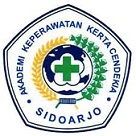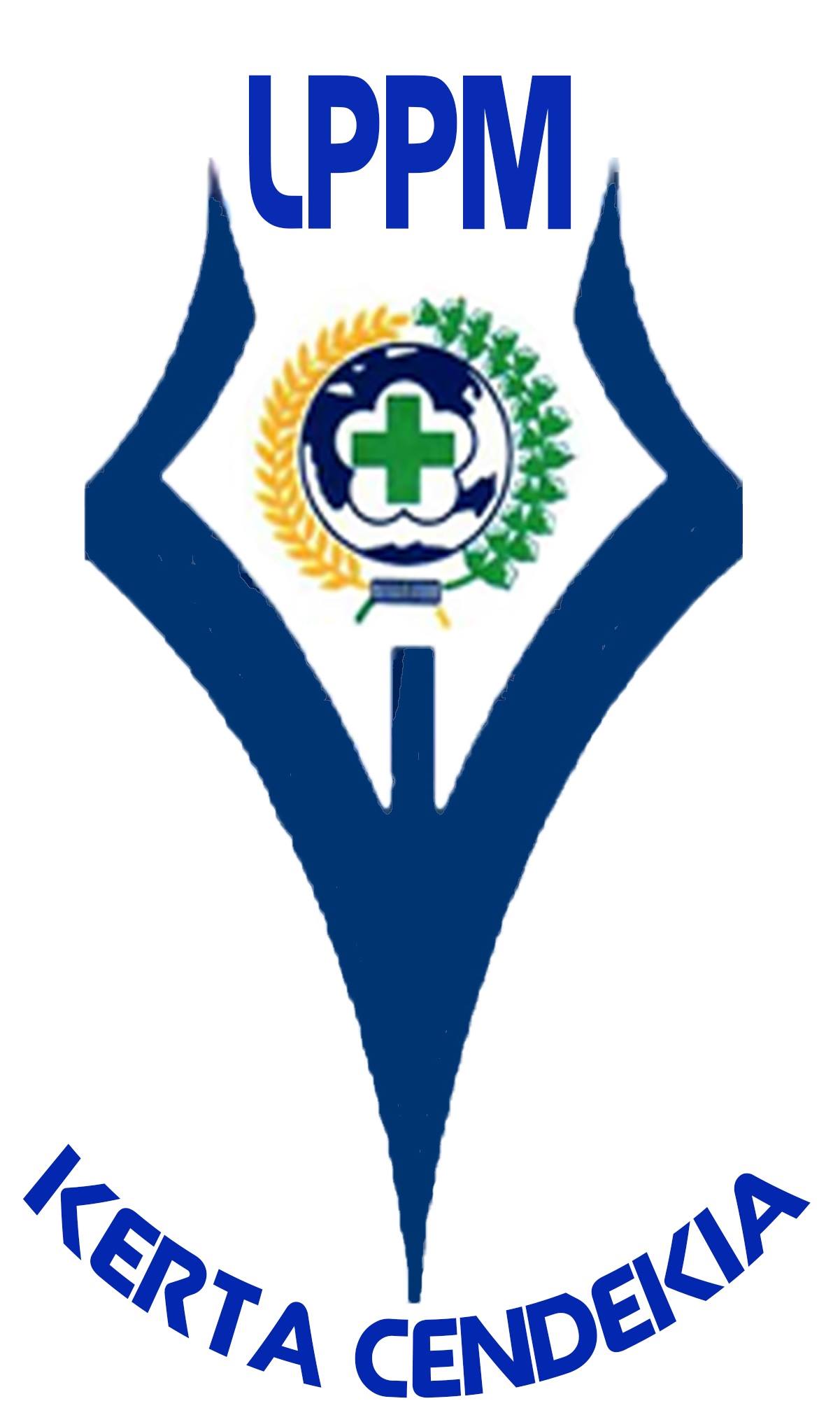MOTIVATION OF THE ELDERLY AND ELDERLY VISITS TO THE ELDERLY INTEGRATED SERVICE POST (POSYANDU LANSIA) IN KLAMPISAN HAMLET, KEDUNGGEDE VILLAGE, DLANGGU SUB-DISTRICT, MOJOKERTO DISTRICT
DOI:
https://doi.org/10.36720/nhjk.v7i2.47Abstract
Background. Having a healthy and prosperous life in old age is the hope of every elderly person. In achieving a healthy and prosperous old age, various efforts have been made by the government, one of which is an Elderly Integrated Service Post (Posyandu Lansia) program.
Objectives. This study aims to analyze the relationship of motivation of the elderly and elderly visits to the Elderly Integrated Service Post (Posyandu Lansia) in Klampisan Hamlet, Kedunggede Village, Dlanggu Sub-District, Mojokerto District.
Methods. The research design used is analytic cross sectional. The population in this study were all elderly residents of Klampisan Hamlet, Kedunggede Village, Dlanggu Subdistrict, Mojokerto District who had attended the Elderly Integrated Service Post (Posyandu Lansia) as many as 52 people. The sampling technique in the study was simple random sampling. The sample size in this study was 46 people. The measuring instrument used was a questionnaire for motivational variables, and a visit book for elderly visiting to the Elderly Integrated Service Post (Posyandu Lansia) variables.
Results. The results showed that the average value of motivation was 68.5870, indicating strong motivation. The average visit value is 1.9348, indicating that the visit is not active. Based on the results of the analysis using the Spearman Rho correlation test obtained Ï = 0.00 <α = 0.05, so that it can be interpreted that there is a relationship between the motivation of the elderly and elderly visits to the Elderly Integrated Service Post (Posyandu Lansia) in Klampisan Hamlet, Kedunggede Village, Dlanggu Sub-District, Mojokerto District.
Conclusion. Based on the results of the study showed that there was a relationship between the motivation of the elderly and elderly visits to the Elderly Integrated Service Post in Klampisan Hamlet, Kedunggede Village, Dlanggu Sub-District, Mojokerto District, which could mean that the elderly had strong motivation, then the visit to the Elderly Integrated Service Post would be active. On the contrary, the elderly whose motivation is weak then visit the Elderly Integrated Service Post (Posyandu Lansia) is not active.
Â
Keywords: motivation of the elderly, elderly visits, the elderly integrated service post, posyandu lansia
Downloads
References
Ambarwati, Eny Retna. (2011). Asuhan Kebidanan Komunitas. Yogyakarta: Nuha Medika.
Dinkes Kota Solok. (2012). Profil Kesehatan Kota Solok. Dinas Kesehatan Kota Solok.
Dinkes Propinsi Jawa Timur. (2006). Buku Pegangan Kader Posyandu. Dinas Kesehatan Propinsi Jawa Timur.
Effendy, Nasrul. (1998). Dasar-dasar Keperawatan Kesehatan Masyarakat. Jakarta: EGC.
Ekasari, Ns. Mia Fatma. (2008). Keperawatan Komunitas "Upaya Memandirikan Masyarakat untuk Hidup Sehat". Jakarta: Trans Info Media.
Green, Laurence W. Health Program Planning An Educational and Ecological Approach. Marshall W. Kreuter. Rollins School of Public Health of Emory University.
Hamalik, Oemar. (2010). Pendidikan Guru Berdasarkan Pendekatan Kompetensi. Jakarta: PT. Bumi Aksara.
Herijulianti, dkk. (2001). Pendidikan kesehatan gigi. Jakarta: EGC.
Hidayat, R Dede. (2009). Ilmu Perilaku Pengantar Psikologi Untuk Tenaga Kesehatan. Jakarta: Trans Info Media.
Indonesian Ministry of Health. (2010). Panduan Tenaga Pelaksana Gizi Puskesmas dalam Pembinan Kader Posyandu. Kemenkes RI: Jakarta.
Komnas Lansia. (2010). Pedoman Pelaksanaan Posyandu Lanjut Usia. Jakarta: Komnas Lansia.
Makmun, H.A. Syamsuddin. (2005). Psikologi Kependidikan. Bandung: Remaja Rosdakarya.
Meilani, Niken, dkk. (2009). Kebidanan Komunitas. Yogyakarta: Fitramaya.
Notoatmodjo, S. (2003). Promosi Kesehatan dan Ilmu Perilaku. Jakarta: Rineka Cipta.
Notoatmojo, Soekidjo. (2007). Kesehatan masyarakat ilmu dan seni. Jakarta: Rineka cipta.
Nursalam. (2007). Manajemen keperawatan aplikasi dalam praktik keperawatan provesional edisi 2. Jakarta: salemba medika.
Nursalam, dkk. (2008). Pendidikan Dalam Keperawatan. Jakarta: Salemba Medika.
Purwanto, Heri. (1998). Pengantar Perilaku Manusia. Jakarta: EGC.
Purwanto, Ngalim. (2004). Psikologi Pendidikan. Bandung: Remaja Rosdakarya.
Pusat Bahasa Departemen Pendidikan Nasional. (2008). Kamus Besar Bahasa Indonesia. Jakarta: Balai Pustaka.
Robbins, Stephen P dan Judge, Timothy A. (2008). Perilaku Organisasi Buku 1, Jakarta: Salemba Empat.
Rusmi. (2008). Teori Movasi. Jakarta: Bintang Pustaka.
Sardiman, A.M. (2006). Interaksi dan Motivasi Belajar Mengajar. Jakarta: Raja Grafindo Persada.
Sulistyorini, cahyo ismawati, dkk. (2010). Posyandu dan desa siaga panduan untuk bidan dan kader. Yogyakarta: Nuha medika.
Sunaryo. (2006). Psikologi untuk Kesehatan. Jakarta: EGC.
Sutikno, Raja Bambang. (2007). The Power of Empathy in Leadeship. Jakarta: Gramedia Pustaka Utama.
Swansburg, Russell C. (2001). Pengembangan staf keperawatan suatu komponen pengembangan SDM. Jakarta: EGC.
Uno, Amzah. (2008). Teori Motivasi dan Pengukurannya: Analisis Di bidang Pendidikan. Bumi Aksara.
Widayatun, Tri Rusmi. (2010). Ilmu Perilaku. Jakarta: Sagung Seto.
Yulianto, Y. (2018). Perilaku Kesehatan (1st ed.). Mojokerto: YAAM.
Yulifah R., Yuswanto. (2009). Asuhan Kebidanan Komunitas. Jakarta: Salemba Medika.
Zaidin, Ali. (2004). Teori Motivasi. Bandung: Pustaka Setia.
Downloads
Published
How to Cite
Issue
Section
Citation Check
License
Authors who publish with Nurse and Health: Jurnal Keperawatan agree to the following terms:
- Authors retain copyright licensed under a Creative Commons Attribution-NonCommercial 4.0 (CC BY-NC 4.0), which allows others to remix, tweak, and build upon the authors' work non-commercially, and although the others' new works must also acknowledge the authors and be non-commercial, they don't have to license their derivative works on the same terms.
- Authors are permitted and encouraged to post their work online (e.g., in institutional repositories or on their website) prior to and during the submission process, as it can lead to productive exchanges, as well as earlier and greater citation of published work (See The Effect of Open Access). Authors can archive pre-print and post-print or publisher's version/PDF.








